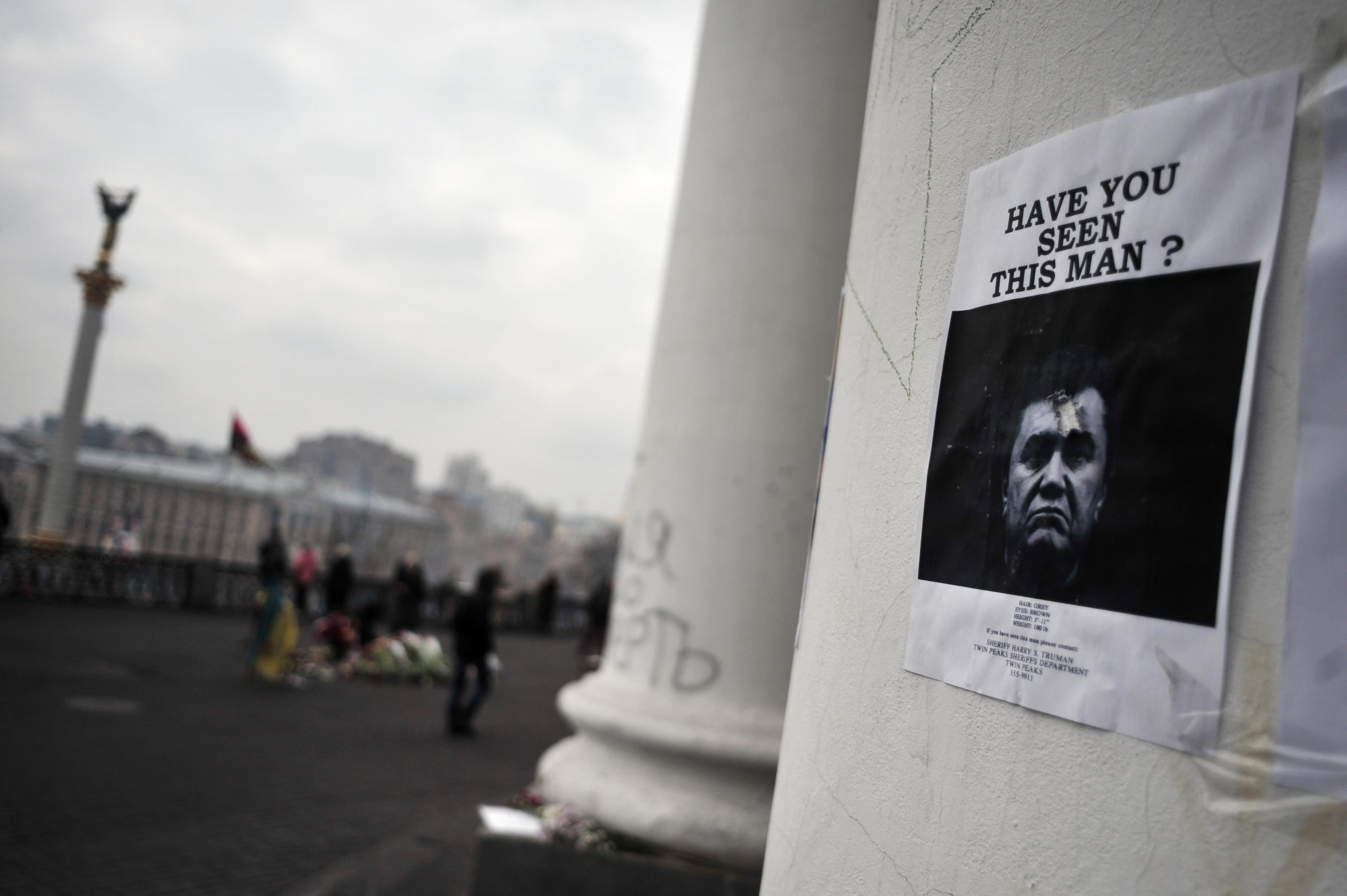Chris Borgen at Opinio Juris takes note of the fact that Russia’s legal rationale for its actions in Crimea depends on the assumption that Viktor Yanukovych, now in exile in Russia, is still the president of Ukraine.
During a debate in the U.N. Security Council yesterday, Russian Ambassador Vitaly Churkin held up a letter from Yanukovych that appeals “to the President of Russia Vladimir V. Putin to use the armed forces of the Russian Federation to re-establish the rule of law, peace, order, stability and to protect the people of Ukraine.” The letter is dated March 1. Yanukovych fled Kiev on Feb. 22.
Therefore, as Borgen notes, the argument that this is not an “invasion, but rather a lawful response to a request for assistance by a government” is “predicated on the idea that Yanukovich was empowered to ask for Russian assistance and military intervention.”
Yanukovych clearly believes he is still president, telling reporters in Rostov-on-Don, Russia, “If a president hasn’t resigned, if he hasn’t been impeached, and if he is alive – and you see that I am alive – then he remains the president.”
The U.S. State Department, on the other hand, argues that Yanukovych “lost his legitimacy as he abdicated his responsibilities.”
The general practice in U.S. foreign policy has been to recognize countries rather than governments. The U.S. deals—or in the case of more hostile governments, doesn’t deal—with whomever holds power. There have been a few notable exceptions involving the U.S. recognizing rebel groups or government in exile. Most recently, the Obama administration briefly recognized Libya’s main opposition group as “the legitimate governing authority” of that country while Muammar al-Qaddafi was still alive and nominally in charge of the country.
Other countries and organizations handle this differently. The Arab League has allowed Syria’s opposition to take over the country’s seat, for instance.
In this case things are complicated by the fact that the current government in Kiev’s legitimacy is being challenged not just in Crimea but in several cities in eastern Ukraine. However, going just by the facts on the ground, they certainly seem to have more of a claim than Yanukovych does from Rostov-on-Don.
Assuming that Yanukovych doesn’t make a miraculous return, Russia seems likely to keep up the premise that he’s still actually the president of Ukraine for as long as it’s useful. The country’s voting for a new president on May 25, and at some point, Moscow’s going to have to deal with the winner.
